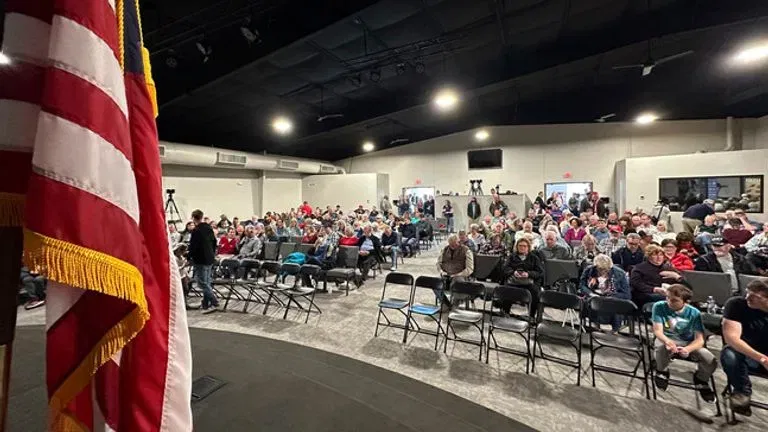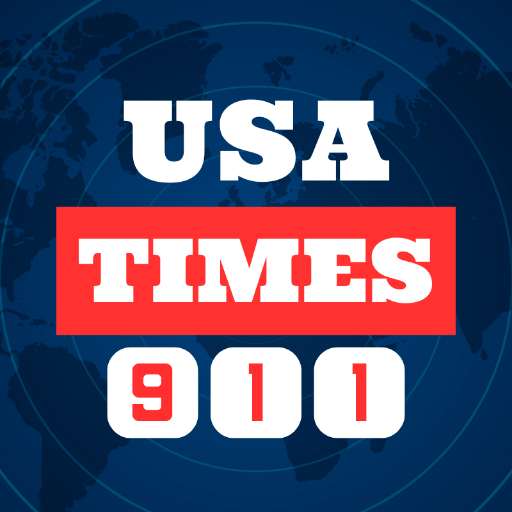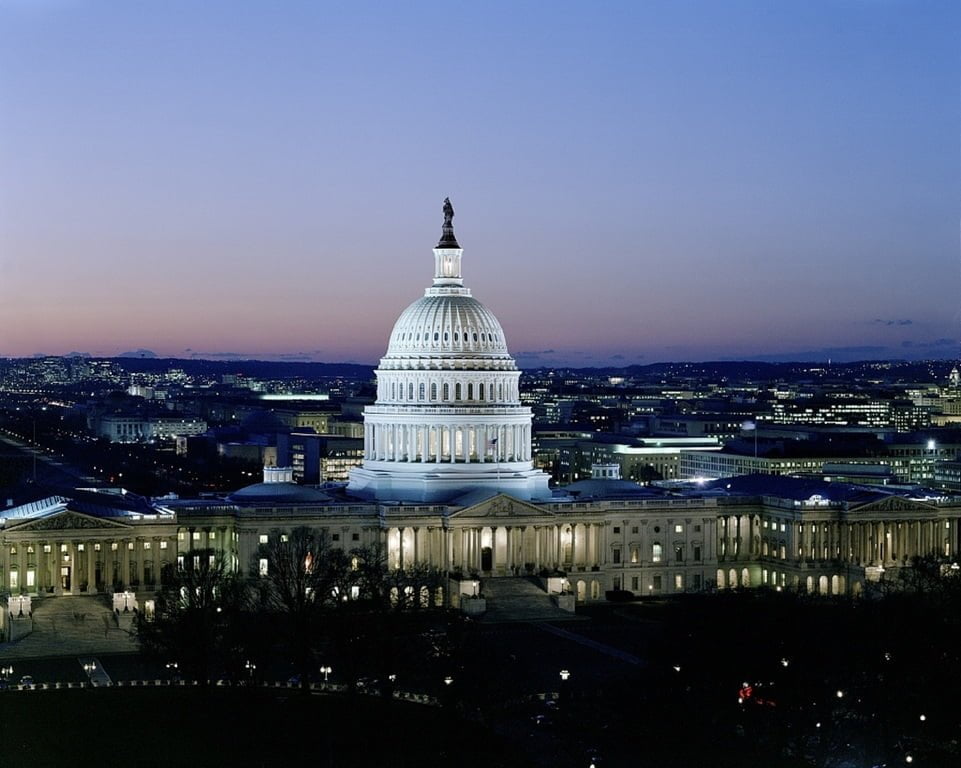Trump Triumphs in Weekend Caucuses: GOP Nomination Path Clearing

In recent political events, Donald Trump emerged victorious in Missouri’s Republican caucuses, marking one of the significant outcomes among several events held on Saturday to allocate delegates for the GOP presidential nomination.
Known for his robust performance in caucuses, the former president expanded his delegate lead by clinching victories in the Republican caucuses in Missouri and at a party convention in Michigan. Meanwhile, former U.N. Ambassador Nikki Haley continues to pursue her first win without success so far.
Notably, there were no Democratic contests held on Saturday.
Looking ahead, the GOP caucus in the District of Columbia is scheduled for Sunday, followed by Super Tuesday, where 16 states and American Samoa will conduct primaries in what promises to be the most extensive day of voting outside of the November election. Trump appears to be on a trajectory to secure the nomination shortly thereafter.
In Michigan, Republicans convened at their convention in Grand Rapids to allocate 39 of the state’s 55 GOP presidential delegates. However, a significant portion of the party’s grassroots force opted out of the gathering due to lingering disputes over the party’s leadership.
Trump’s dominance was evident in Michigan’s primary earlier in the week, where he secured 68% of the vote compared to Haley’s 27%.
Michigan Republicans faced a challenge in delegate allocation after Democrats, who hold state government control, moved Michigan into the early primary states, breaching the national Republican Party’s regulations.
In Missouri, the Republican Party conducted its presidential caucuses on Saturday, providing state voters with their sole opportunity to voice their preferences for the party’s nominee in the November presidential election. Voters queued up outside a church in Columbia, the home of the University of Missouri, eagerly anticipating their chance to participate.
This year marked the debut of a new system, predominantly operated by volunteers on the Republican side, following the enactment of a 2022 law by GOP Gov. Mike Parson, which canceled the previously planned March 12 presidential primary. Despite calls from both state Republican and Democratic party leaders, lawmakers have failed to reinstate the primary. Democrats are set to hold a party-run primary on March 23.
Under the old presidential primary system in Missouri, Trump emerged victorious twice.
In Idaho, a legislative oversight inadvertently led to the elimination of presidential primaries. Consequently, both parties were left with presidential caucuses as the only recourse. The GOP presidential caucuses took place on Saturday, while the Democratic caucuses are scheduled for May 23.
The last GOP caucuses in Idaho were held in 2012, attracting around 40,000 of the state’s nearly 200,000 registered Republican voters.
This year, all Republican voters wishing to participate were required to attend in person, casting their votes after hearing brief speeches by the candidates or their representatives.
The Idaho GOP will announce the results once all the votes are tallied statewide.
Trump, who came in second in the 2016 Idaho primary behind Sen. Ted Cruz of Texas, remains a central figure in these political maneuvers.










